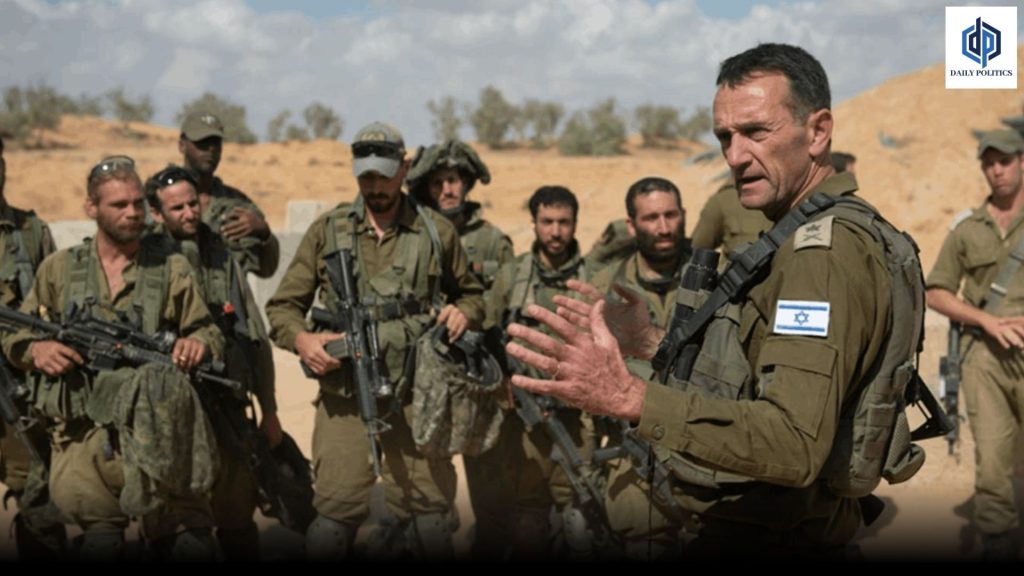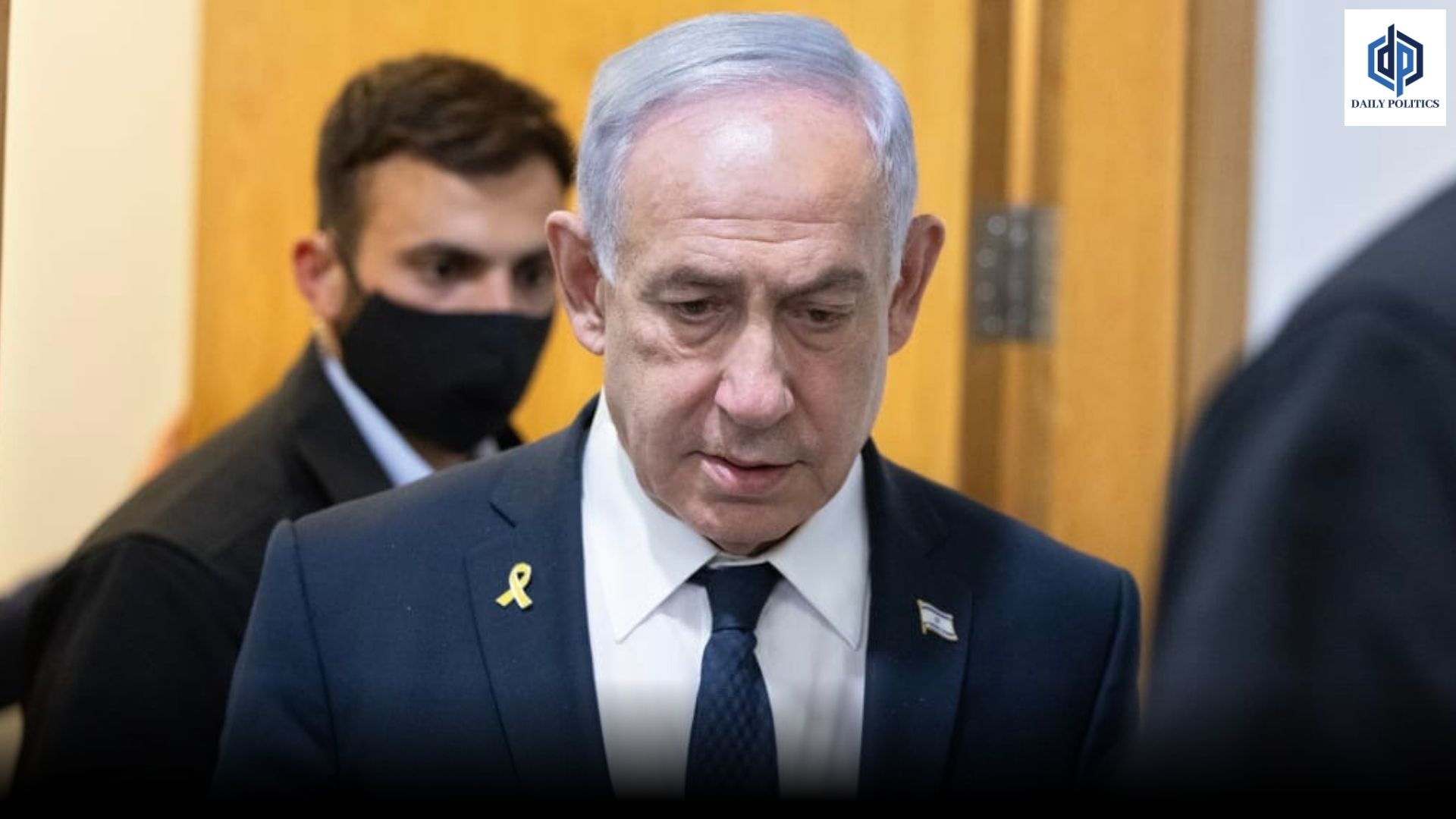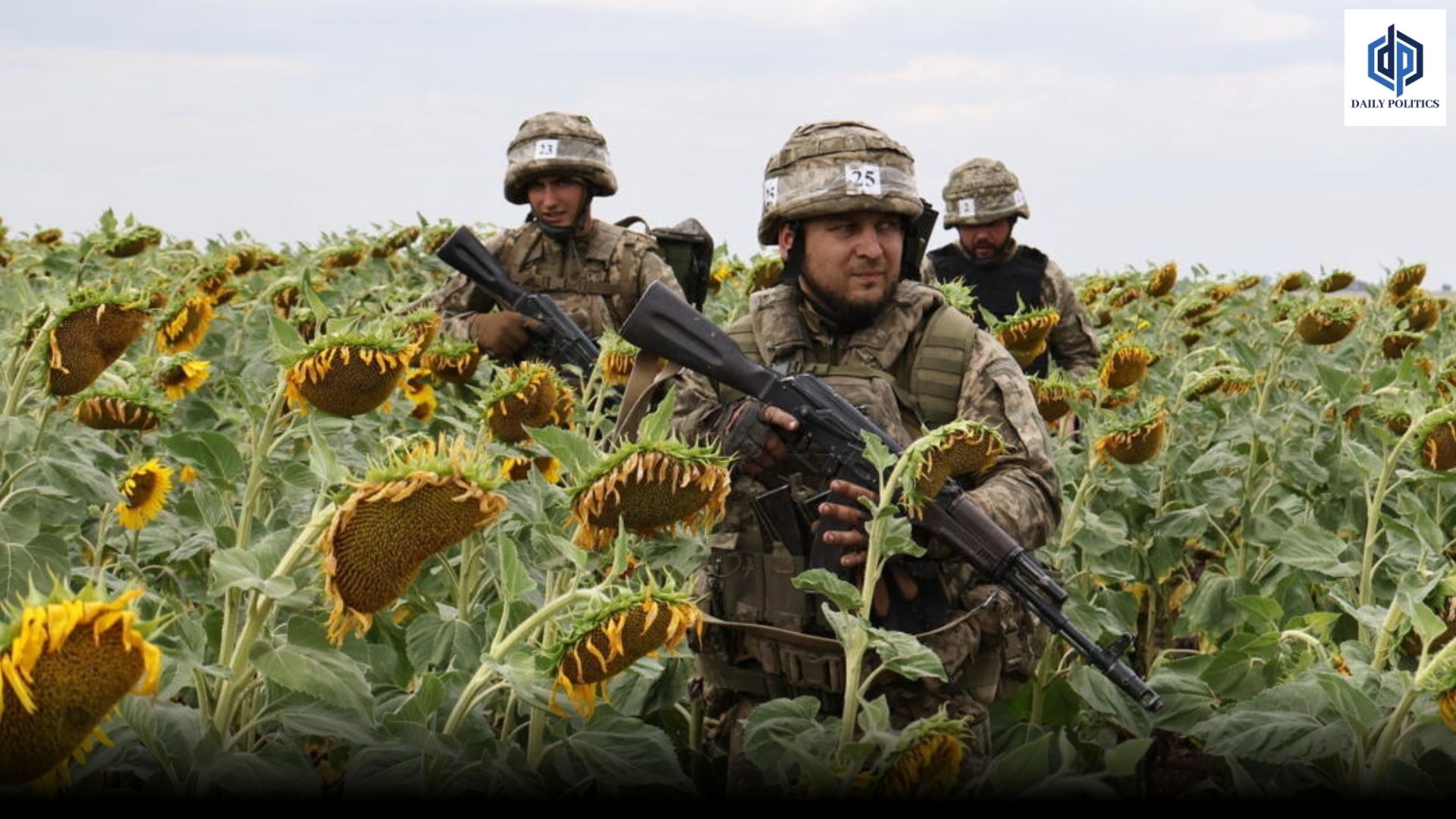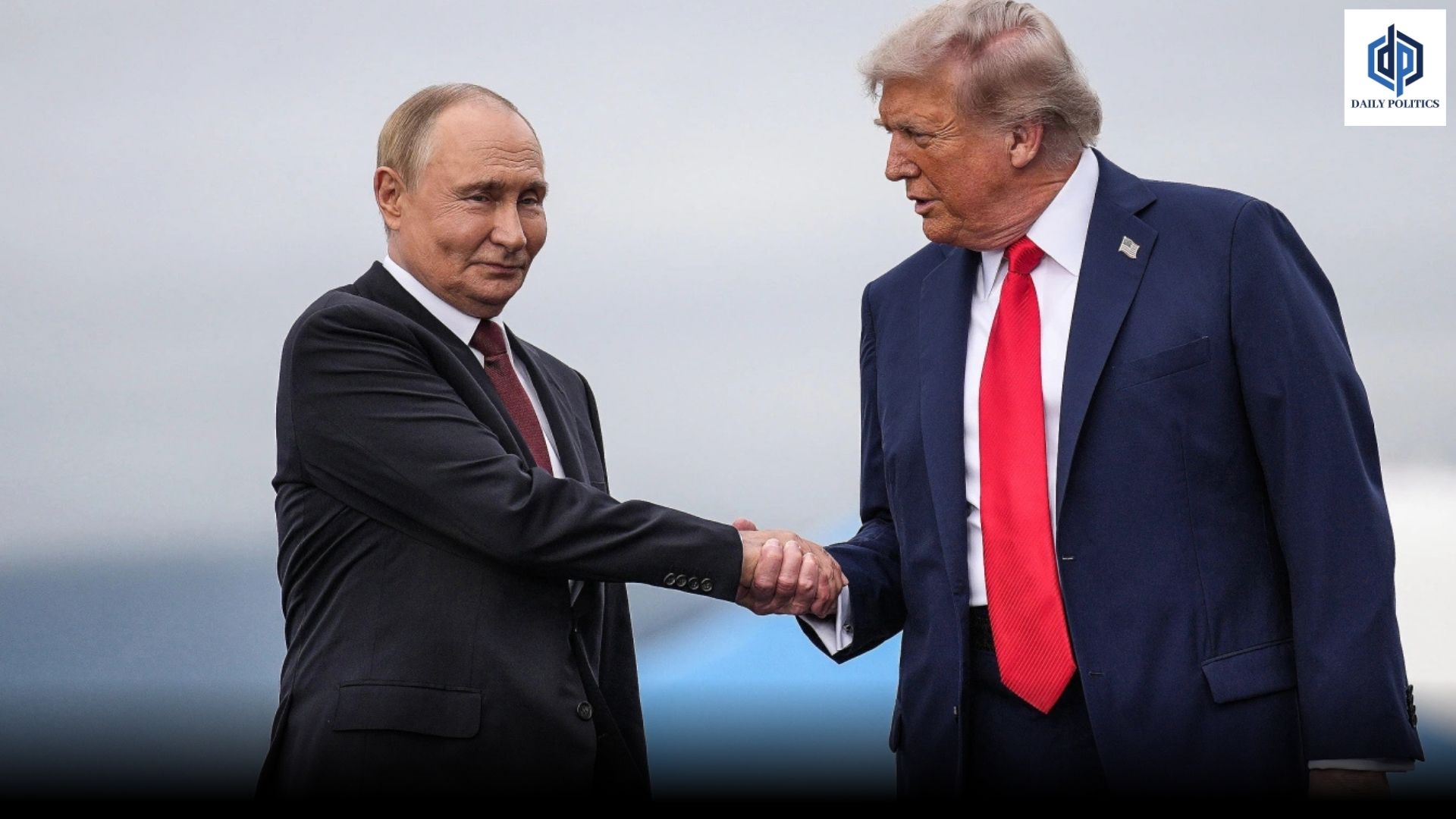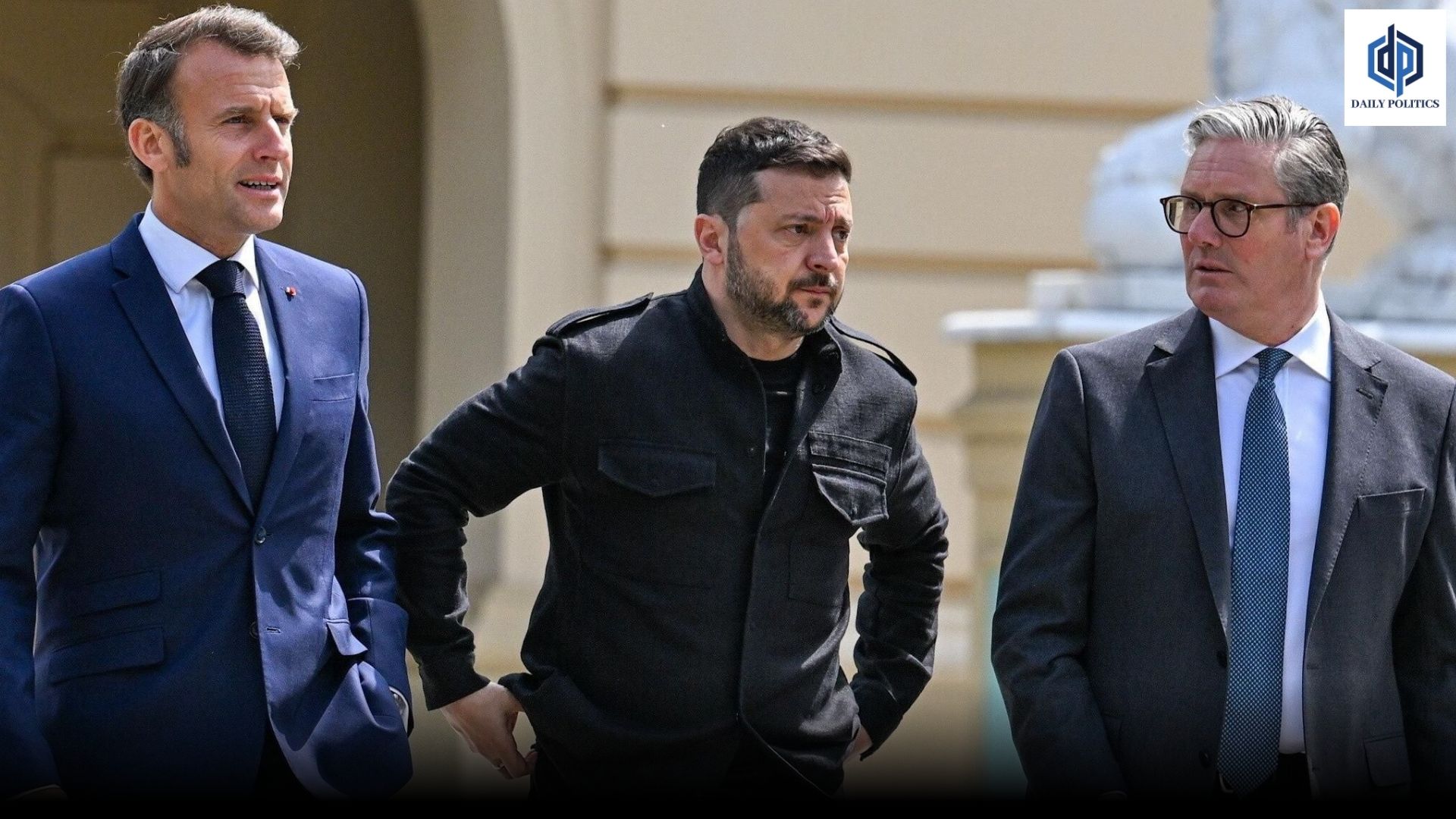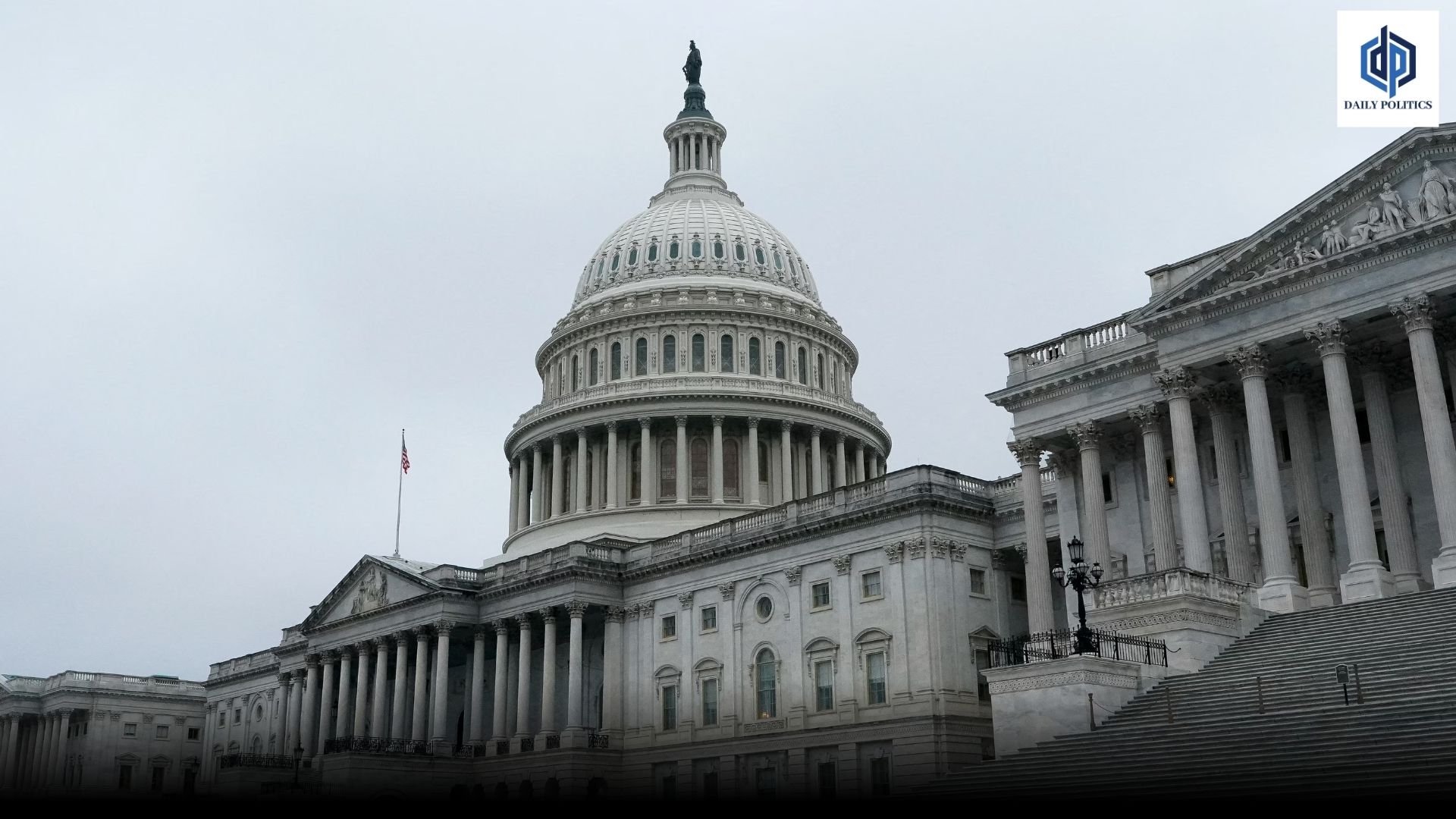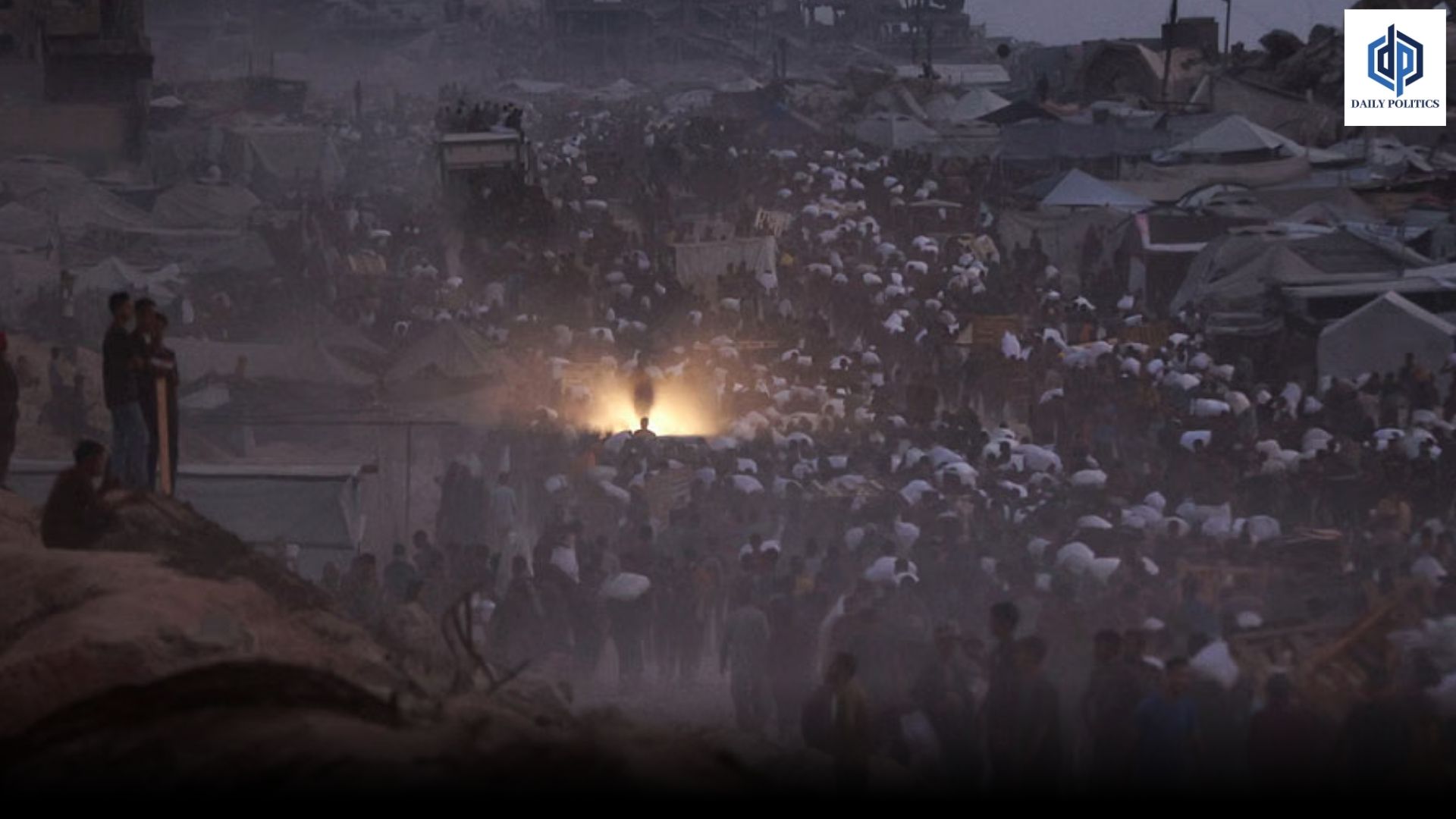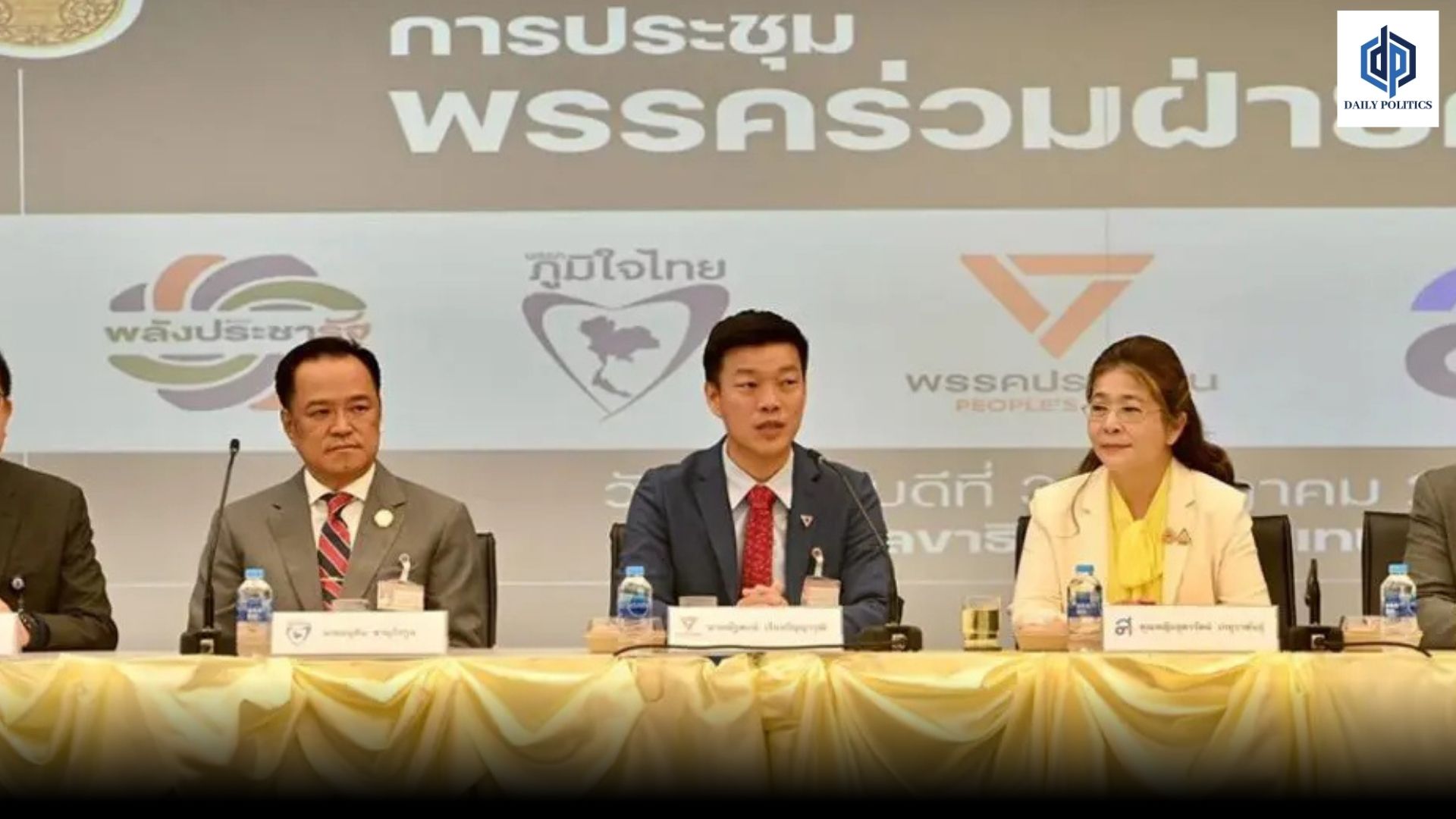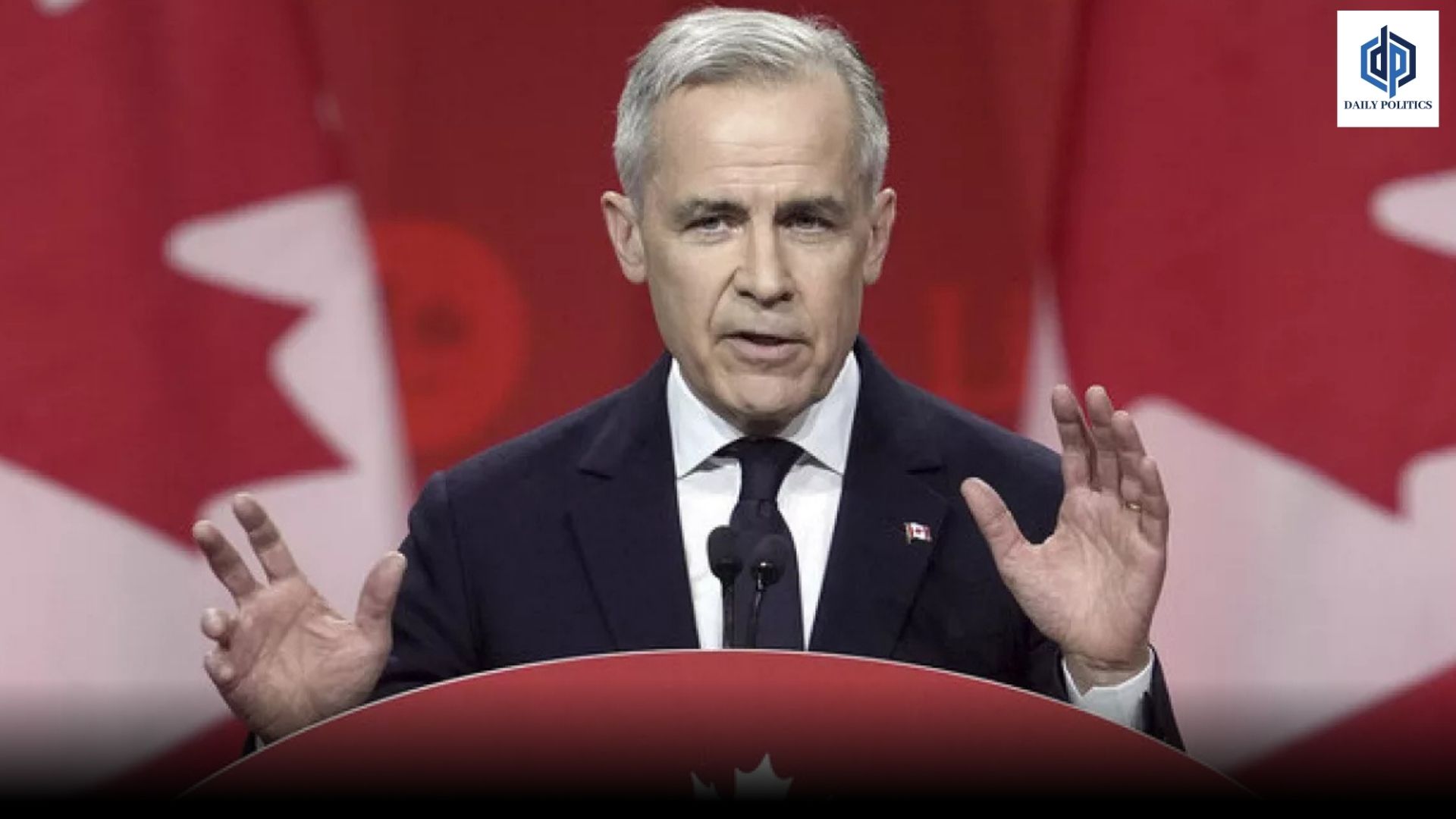As the conflict extends into its twenty-second month, Israel’s war in Gaza has created rifts among friends and families, intensifying pre-existing political and cultural divisions.
Families of hostages and peace advocates are urging Prime Minister Benjamin Netanyahu’s administration to negotiate a ceasefire with Hamas and ensure the release of the remaining captives taken during the October 2023 attacks.
Members of Netanyahu’s cabinet aligned with the right-wing are seizing the opportunity to pursue the occupation and annexation of additional Palestinian territories. This move could provoke heightened international backlash.
The ongoing debate has created a rift within the nation and put personal relationships to the test, jeopardising national cohesion during a critical period as Israel faces its protracted conflict.
“As the war continues, we become increasingly divided,” stated Emanuel Yitzchak Levi, a 29-year-old poet, schoolteacher, and peace activist from Israel’s religious left, who participated in a peace meeting at Tel Aviv’s Dizengoff Square.
“Maintaining relationships as a friend or family member becomes increasingly challenging when one perceives the other as complicit in actions that amount to crimes against humanity,” he stated in an interview with AFP.
“It appears challenging for them to offer their support if they perceive that I have betrayed my own country.”
In a striking display of dissent, a tall, dark-haired cyclist confronted the gathering, vocally expressing his anger by shouting “traitors” at the attendees. He accused the activists of inadvertently aiding Hamas’s agenda.
No flowers.
Dvir Berko, a 36-year-old employee at a prominent IT startup in downtown Tel Aviv, took a moment during his scooter ride to articulate a thoughtful critique of the peace activists’ demand for a ceasefire.
Berko and others have levelled accusations against international organisations, claiming they have overstated the risk of starvation in Gaza. In a statement to AFP, he asserted that Israel ought to suspend aid until the remaining 49 hostages are released.
The Palestinian population is under the control of Hamas. Hamas seizes their food supplies. The conflict initiated by Hamas inevitably leads to adverse consequences, as is the case in any war. “You’re not going to send the other side flowers,” he contended.
“If a war is initiated, it is crucial for those involved to comprehend the potential consequences that will follow.”
The escalating tensions in Tel Aviv highlight a growing divide within Israeli society following the October 2023 attacks by Hamas, which resulted in 1,219 fatalities, according to independent journalist Meron Rapoport in an interview with AFP.
Rapoport, a former senior editor at the liberal daily Haaretz, highlighted that Israel was already experiencing divisions before the recent conflict, alongside significant anti-corruption protests aimed at Netanyahu and concerns regarding judicial independence.
The initial attack by Hamas sparked a surge of national unity; however, as the conflict continues and Israel faces growing international scrutiny, perspectives on both the right and left have become increasingly polarised and entrenched.
Political motivations
“According to Rapoport, the moment Hamas took action, there was a notable unification.” It was widely perceived as a just war by nearly everyone.
“As the conflict progressed, it became increasingly clear to observers that the primary motivations driving the situation were rooted in political considerations rather than military objectives.”
A recent survey carried out by the Institute for National Security Studies from July 24 to 28 reveals that, among 803 Jewish and 151 Arab respondents, a majority of Israelis attribute the delay in finalising a deal for the release of hostages primarily to Hamas.
Recent surveys indicate that merely 24 per cent of Israeli Jews express distress or a high level of concern regarding the humanitarian crisis in Gaza. This comes in light of UN-mandated reports highlighting that “a famine is unfolding” and that Palestinian civilians frequently lose their lives while attempting to secure food.
Support for the families of Israeli hostages is evident, with numerous individuals accusing Netanyahu of deliberately extending the conflict to bolster his political standing.
Mika Almog, 50, an author and peace activist with the It’s Time Coalition, stated, “In Israel, there’s a mandatory army service.”
“These soldiers, our children, are being dispatched to face the grim reality of a war deemed unjust, driven by political motives rather than any legitimate cause.”
In an open letter released on Monday, a coalition of 550 former high-ranking diplomats, military officials, and intelligence leaders called on US President Donald Trump to convey to Netanyahu that the military phase of the conflict has been successfully concluded, emphasising the need to prioritise negotiations for a hostage agreement.
“Initially, this conflict was characterised as a just war, a defensive measure; however, once all military objectives were met, it transformed into something that no longer held that justification,” stated Ami Ayalon, the former director of the Shin Bet security service.
In a video accompanying the letter, he cautioned that the ongoing conflict “is leading the State of Israel to lose its security and identity.”
The statement issued by the security officers, who have historically been involved in both the public and covert military operations of Israel, resonated with the sentiments of seasoned peace activists who have consistently voiced their opposition to such actions.
– ‘Terrible time’ –
Avi Ofer, a 70-year-old biblical archaeologist and resident of a kibbutz, has been an outspoken advocate for peace between Israelis and Palestinians for many years.
He, along with fellow activists, donned yellow ribbons that displayed the number of days the war had persisted: “667”.
The lanky historian struggled to hold back tears while speaking to AFP, stating, “This is the most awful period in my life.”
Hamas has been labelled as war criminals. It is clear what actions they undertake. Initially, the war was deemed justified. “Initially, it was not classified as a genocide,” he stated.
While the term “genocide” is not commonly employed by many Israelis, there is a notable awareness regarding the International Court of Justice’s (ICJ) deliberations on a complaint alleging that the nation has violated the Genocide Convention.
Amidst the looming threats of starvation and violence faced by their neighbours, a select few express deep concern. However, a larger segment of the population is preoccupied with the potential for Israel to be labelled an international pariah, fearing that their conscripted sons and daughters could be viewed as war crimes suspects while travelling abroad.
Israel and Prime Minister Netanyahu, backed by the United States, have condemned the case currently under consideration in The Hague.

